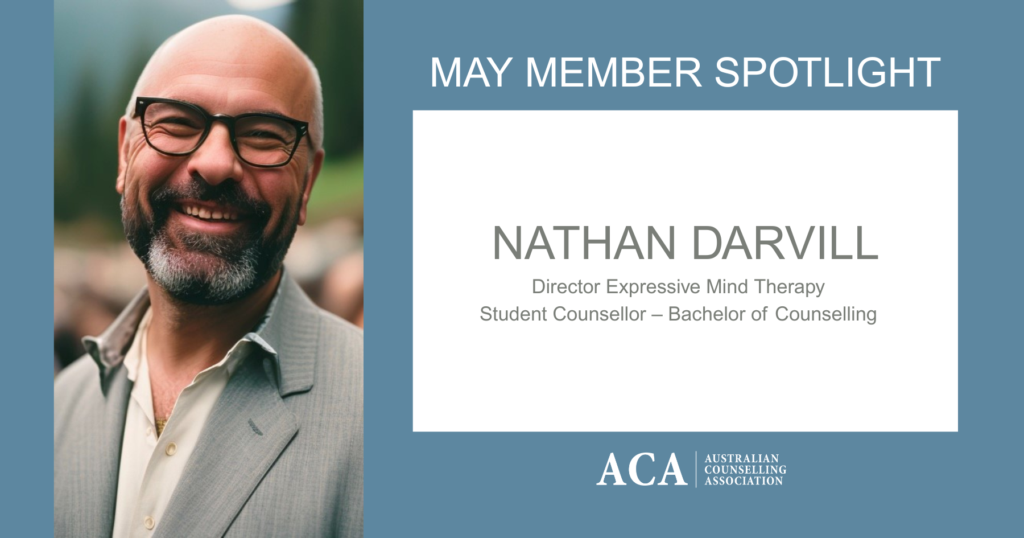A couple of weeks ago, I attended a local Mental Health Professionals’ Network (MHPN) meeting led by Nasalifya Namwinga, the lead researcher at Pola Practice. Pola Practice provides culturally responsive and intersectional therapy for individuals, couples, and families.
As a practitioner, Nasalifya also shared some valuable early findings from her research on burnout among mental health practitioners in Australia, which forms part of a more extensive study on AI and mental health for her PhD studies.
This session was especially meaningful because I was facing personal challenges with my family and close relationships at the time. Although I strive to separate these issues from my professional life, my clinical supervision identified some early signs of burnout, which has prompted me to take immediate action to ensure that the challenges I experienced in my personal life did not impact my professional work.
The meeting also provided valuable insights into the causes and impacts of burnout and sparked a broader discussion on how we can navigate these challenges. Nasalifya’s presentation highlighted the urgency of understanding and addressing burnout in our professional and personal lives, as these areas can significantly influence each other.
In follow-up discussions with Nasalifya, I found her perspective refreshing and enlightening. She offered a clear view of the current state of burnout and further insights into practical strategies for supporting ourselves and our colleagues in Australia. My key takeaway was the crucial need to prioritise our well-being before we can effectively support others. This means embracing self-care, self-compassion, and resilience, which are not just beneficial but essential for thriving in our work. These strategies empower us to navigate the challenges of our profession and continue to make a difference in the lives of those we serve.
Being part of this dialogue has been both empowering and encouraging. It’s crucial that we acknowledge and address the ongoing challenges mental health professionals face, ensuring that we receive the necessary support to continue our vital work. We can better serve those seeking our help by focusing on our well-being.




